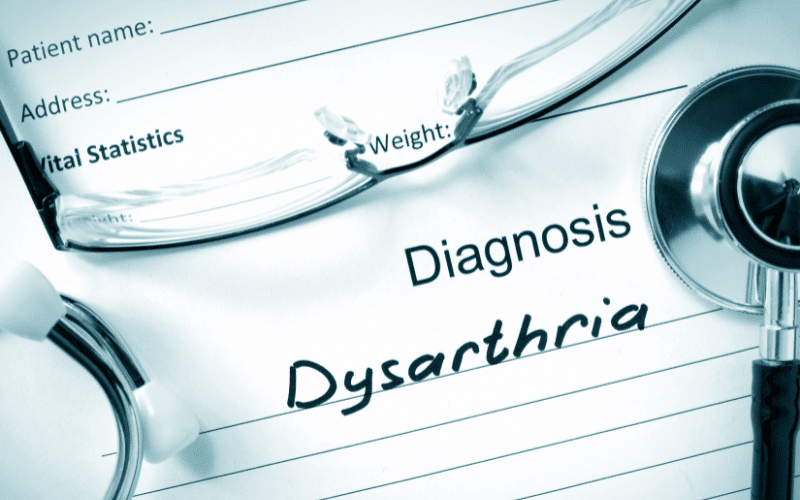11. A Hard Pill to Swallow: Speech Difficulties in FRDA

Speech impairment, known clinically as dysarthria, is a notable aspect of Friedreich’s Ataxia that is worth understanding. While it might seem like a minor annoyance in the grand scheme of the condition, its effects on communication and social interaction can have profound impacts on a person’s quality of life.
To start with, dysarthria in FRDA is generally a result of muscle weakness and lack of coordination. It can lead to slurred or slow speech that is difficult to understand. While the severity can vary among patients, it often progressively worsens, adding an extra layer of challenge for individuals navigating life with FRDA.
These speech difficulties can have various manifestations. It can involve struggling to pronounce certain sounds or words, uneven speech flow, a change in voice quality (hoarseness or nasal speech), or even difficulty in controlling the volume of speech. This myriad of changes can make verbal communication a daunting task for many with FRDA.
A lesser-known fact is that these speech issues can also lead to vocal fatigue. Simply put, the extra effort required to speak clearly can tire out the vocal muscles, making prolonged conversations an exhausting endeavor. Imagine being out of breath after a short chat – that’s the reality for some FRDA patients. (11)